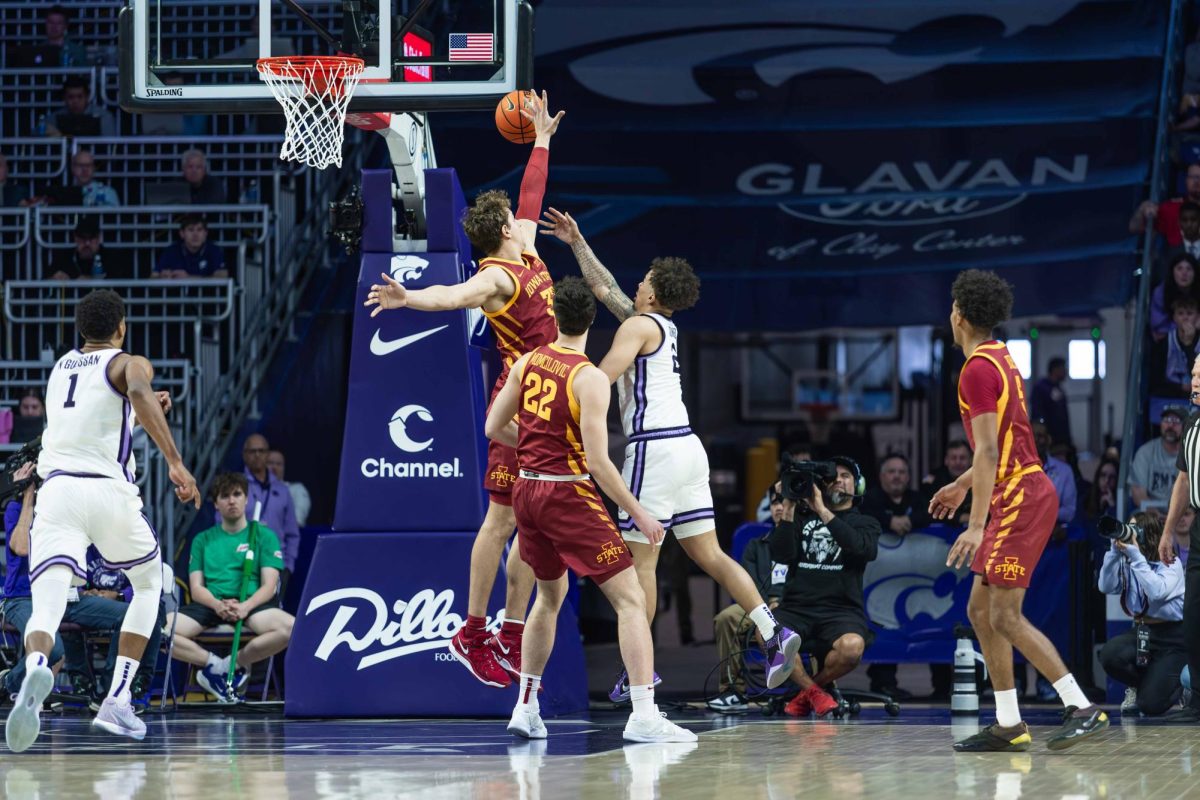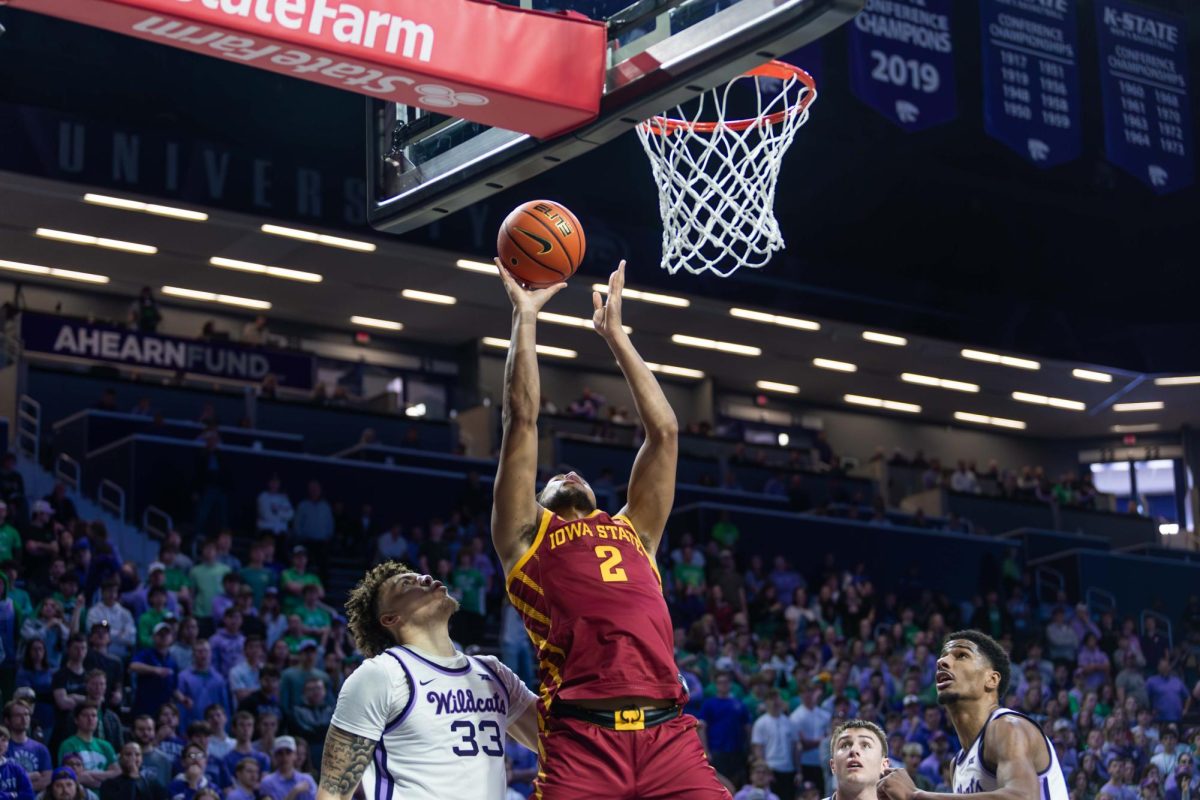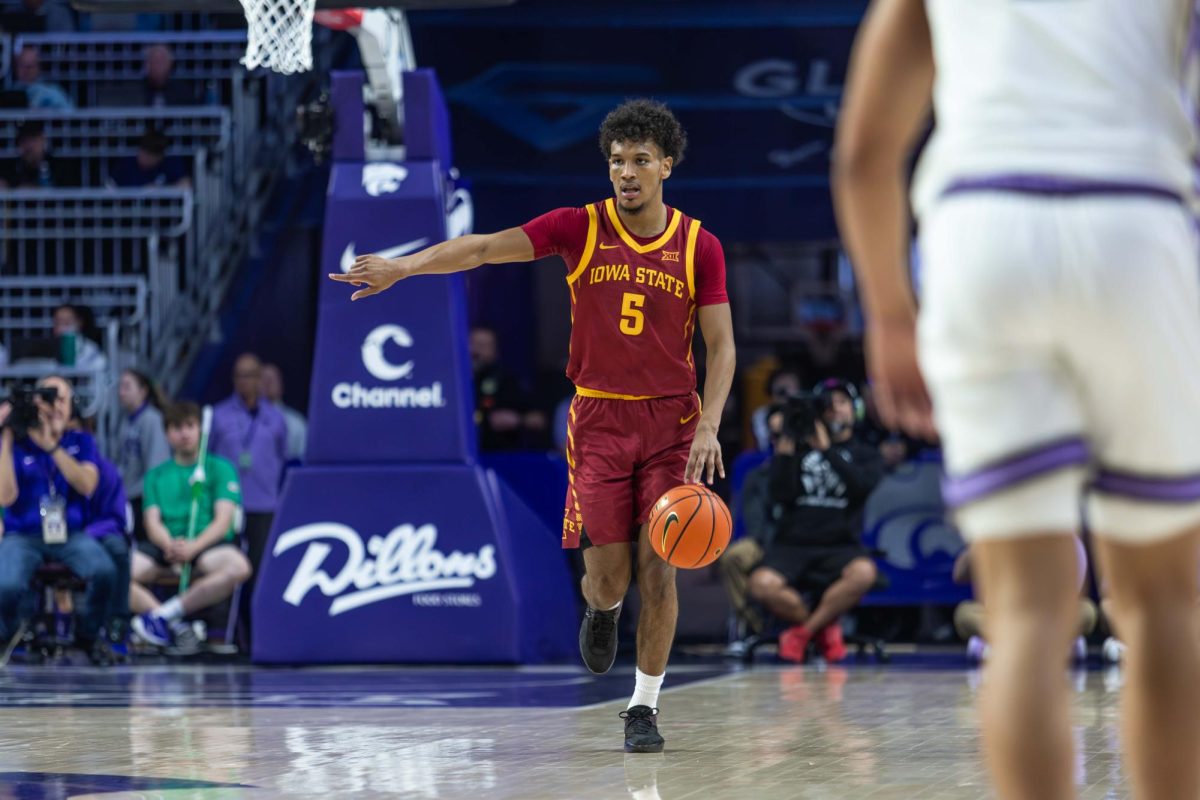ACLU files lawsuit on behalf of protesters banned from Capitol Complex
October 5, 2020
The American Civil Liberties Union (ACLU) filed a lawsuit on behalf of five racial justice protesters banned by law enforcement from the Capitol Complex after a protest on July 1.
The racial justice protesters being represented by ACLU are Jalesha Johnson, Louise Bequeaith, Haley Jo Dikkers, Brad Penna and Brandi Ramus; these are five among the 17 total racial justice protestors who were banned from the Capitol Complex for six months or one year.
The bans were given from Iowa State Patrol officers, either verbally or in a written form. All those banned were told they would be arrested for trespassing if they were found on Capitol Complex grounds.
The Capitol Complex includes many traditional public forums, and the ban would not allow the plaintiffs to exercise their right to peaceful assembly during the ban.
Rita Bettis Austen, ACLU of Iowa legal director, said the ACLU has asked the federal district to block the Iowa State Patrol and Iowa Department of Public Safety from enforcing the bans.
“This is a stunning violation of their constitutional rights,” she said. “In particular, it’s something we rarely see because it is such a stunning violation of rights […] This is true censorship.”
Jalesha Johnson, Drake University student, received a one-year verbal ban from the Capitol Complex.
“As a young person, as a Black person, as a woman, in professional spaces, our voices are not heard,” Johnson said. “We’re not asked to the table. The Capitol protests were a way to ensure we were at the table when these decisions were being made that impact the city we pay taxes in, we work in, we live in.”
Louise Bequeaith, college student in St. Paul, Minnesota, received a one-year verbal ban.
“The Capitol is the center of a lot of power,” Bequeaith said. “That is where a lot of decisions that affect change are made. It’s a place where people are told to meet with their representatives. But with these bans, we’ve been told if we’re fighting for Black lives, they don’t want us there.”
Haley Jo Dikkers, recent Drake University graduate and current elementary educational assistant, received a six-month verbal ban.
“We were just exercising our First Amendment rights,” Dikkers said. “We were trying to speak our minds and hold our government accountable; that’s part of what it means to be an American citizen. It felt like the ban was arbitrary and a way to silence the community and constituents.”
She also said the ban was unclear on what the Capitol Complex consisted of and she felt afraid she would unknowingly be on Capitol Complex grounds and be arrested.
Brad Penna, coffee shop owner in Des Moines, received a six-month verbal warning.
“The majority of the people banned from the Capitol are organizers with Des Moines BLM, so it stifles any sort of protesting there,” Penna said. “There hasn’t been a large protest there in a while, and that’s because a lot of people planning these marches and protests are banned from the Capitol. In my mind, the ban is just a way to silence dissent.”
Brandi Ramus, owner of a hairstyling business, received a six-month written ban.
“I feel like our Capitol is a powerful place,” Ramus said. “A place our community gathers quite a bit, whether it be for protesting or for exercising. So not being able to be there has limited my ability to connect in those ways with people and also to use my voice.”







